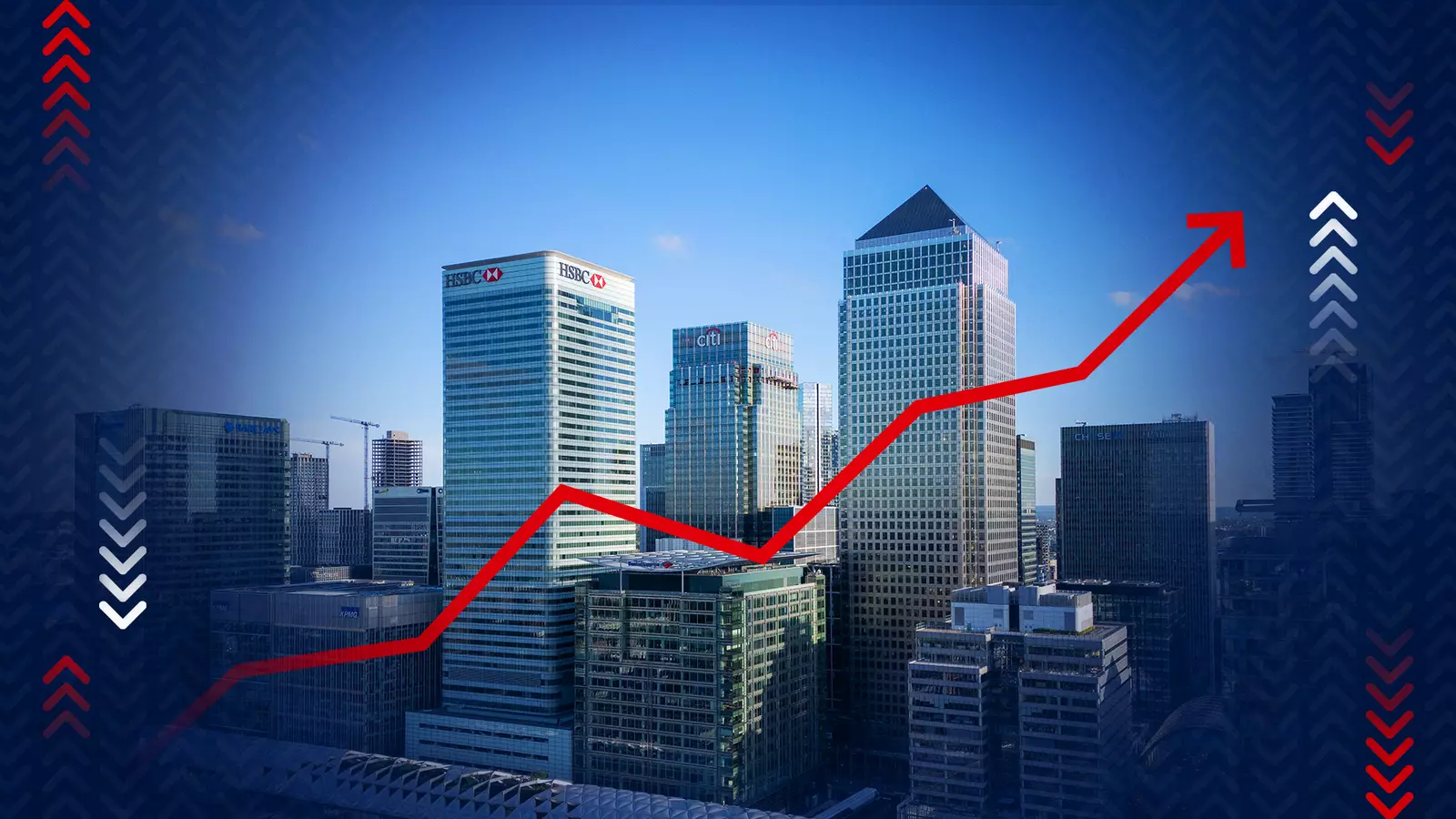Recent official figures released by the Office for National Statistics (ONS) reveal that the UK economy experienced zero growth in July, marking the second consecutive month of stagnation. This news comes as a surprise to economists, who had expected to see some level of growth in the aftermath of the Labour government’s election. The flatlining of GDP, the measure of all goods and services produced in the UK, underscores the challenges the economy is currently facing.
Despite the overall stagnation, there are some signals of growth in the services sector. Leading this growth are computer programmers and the resolution of strikes in the healthcare industry. However, these gains were counterbalanced by declines in sectors such as advertising, architecture, and engineering. The mixed performance of the services sector highlights the complexities of the UK economy’s current situation.
The ONS report also sheds light on the struggles faced by the manufacturing and construction industries. Manufacturing output saw a decline, particularly in car and machinery manufacturing, leading to an overall setback in the sector. Similarly, the construction industry experienced a downturn during the period under review. These challenges in key sectors contribute to the overall stagnation of the UK economy.
Given the economic standstill, market analysts are predicting that the Bank of England will maintain interest rates at their current levels during their upcoming meeting. The central bank had previously increased rates in an effort to combat inflation by making borrowing more expensive. However, with the latest economic data in mind, a rate cut is anticipated at the November meeting of rate-setters. Experts suggest that rates could potentially be reduced to 4.75% as part of the central bank’s strategy to stimulate economic growth.
In response to the concerning economic figures, Chancellor Rachel Reeves acknowledged the magnitude of the challenges ahead. She emphasized that while there have been positive signs of growth in recent quarters, this does not fully compensate for the long-standing issues of economic stagnation. Reeves highlighted the need for a realistic approach to address the economic challenges faced by the UK.
Overall, the latest statistics on the UK economy paint a nuanced picture of its current state. While there are pockets of growth in certain sectors, the overall stagnation reflects the complex challenges confronting the economy. As policymakers and economists grapple with these issues, the focus remains on implementing strategies that can drive sustained and inclusive economic growth in the future.


Leave a Reply